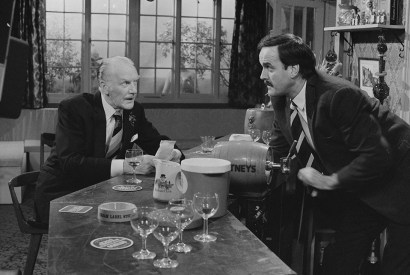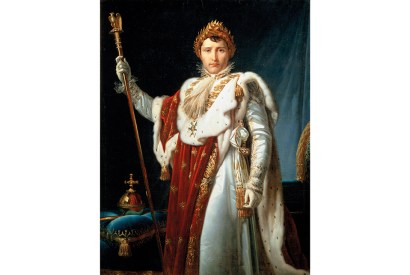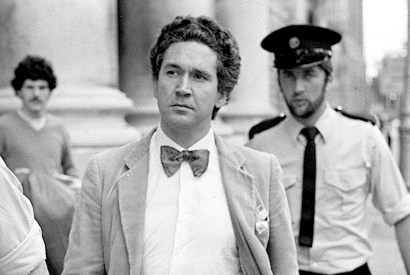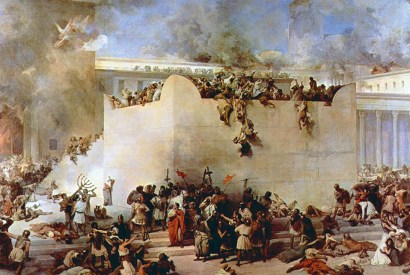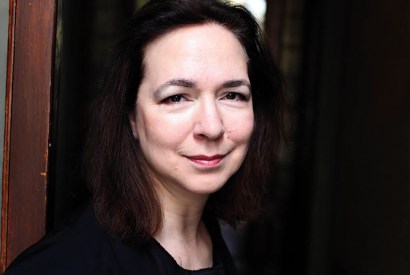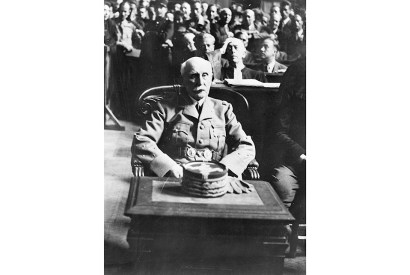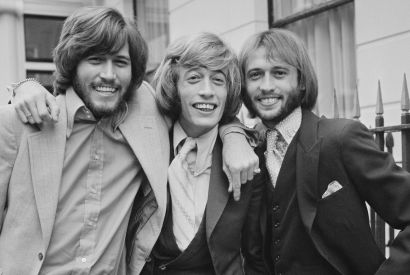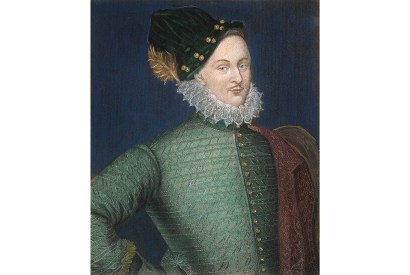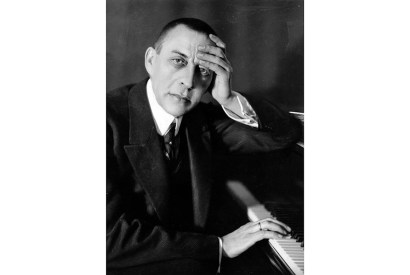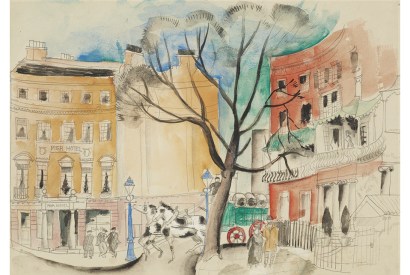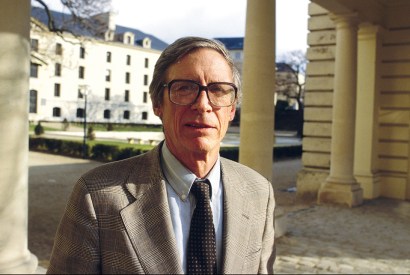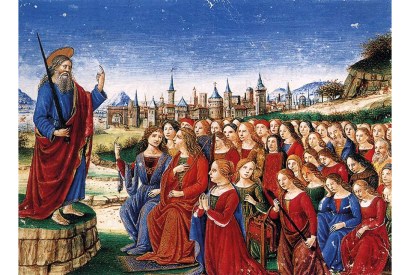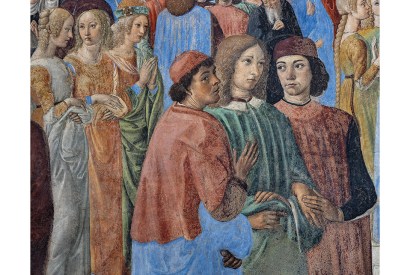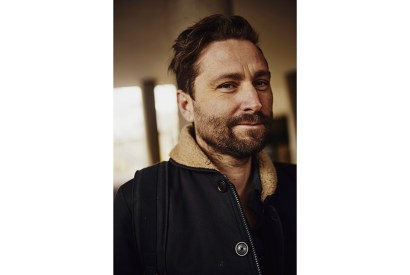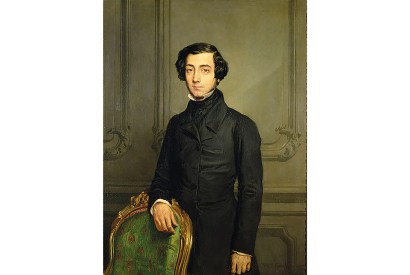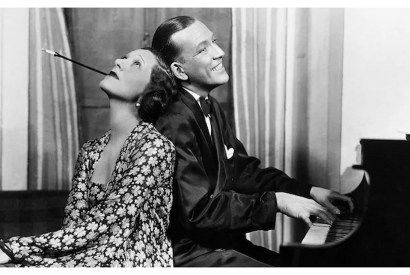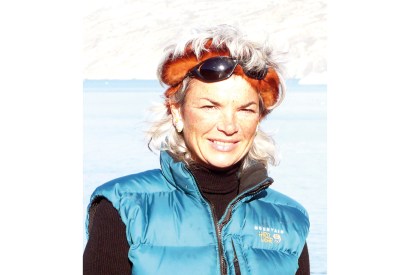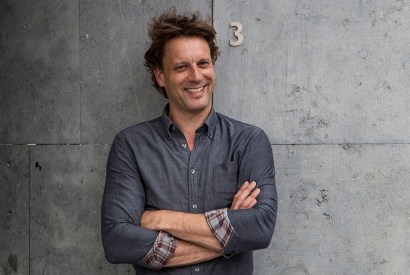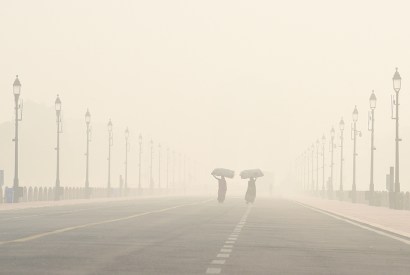Lead book review
A cherry orchard, three sisters and a summer romance: Tom Lake, by Ann Patchett, reviewed
Alex Clark enjoys a poignant story centring on a cherry orchard, three sisters and their mother’s past love affair
Should vintage comedy be judged by today’s standards?
A successful joke relies on rhythm, tempo, cadence, pause – so why does David Stubbs find comedy and music so antithetical, wonders Joel Morris
What, if anything, have dictators over the centuries had in common?
Simon Kuper finds little to connect the strongmen of the past and present apart from their contempt for their own supporters
Ireland’s most notorious murderer still casts a disturbing spell
After months of conversations with Ireland’s most notorious murderer, Mark O’Connell got both more and less than he bargained for, says Frances Wilson
What ‘pax’ meant in Rome’s golden age of imperialism
The emperors of Rome’s golden age avoided civil war at all costs. But wars against other peoples were a different matter, says Peter Stothard
Lorrie Moore’s latest novel is deeply troubling, but also consoling
A corpse comes back to life and goes on a road trip. Lorrie Moore’s powerful new novel leaves Philip Hensher shaken, troubled, but also consoled
The trial of Marshal Pétain continues to haunt France to this day
Was one venal old man primarily responsible for France’s catastrophe of 1940-44, or was it a case of collective failure? The question remains unanswered, says Patrick Marnham
Shakespeare sceptics are the new literary heroes
Determined sceptics will always find reasons to cast doubt on Shakespeare’s authorship, but who cares in the end, Emma Smith wonders
Why are we so squeamish about describing women’s everyday experiences?
Philip Hensher discusses how words relating to women’s ordinary experiences have been shrouded in euphemism over the centuries
Daniel Chandler aims to bring new values to British politics – so how will that work out?
Daniel Chandler claims to be a bringer of values, to fill the vacuum at the heart of British politics. Noel Malcolm is unconvinced
Central Europe has shaped our culture for centuries – yet we still find the region baffling
Central Europe has shaped our history for centuries – but will the West always find it baffling, wonders Peter Frankopan
Is there anything safe left to eat?
It’s not only junk food we should be wary of, says Olivia Potts. Pretty well everything contains additives – and our five-a-day mantra is costing the Earth
The attraction of freethinking humanism
Philip Hensher admires the humanists of the past, and finds them consistently kinder, more decent and generous than their contemporaries
The Spanish Civil War still dominates our perception of modern Spain
Twentieth-century Spain was a violent, corrupt and volatile country – but that hardly made it an anomaly within Europe, says Sarah Watling
As special enclaves proliferate, what are the consequences for democracy?
Zones of exception, freed from ordinary forms of regulation, are proliferating in bewildering varieties. Kwasi Kwarteng considers the consequences for democracy
The remarkable prescience of Alexis de Tocqueville
Toby Young is struck by how prescient Tocqueville’s observations have proved on the social and political structures of the many countries he visited
The biography Noël Coward deserves
Philip Hensher follows Noël Coward from precocious childhood to the vortex of fame
Is this the end of travel writing?
Viv Groskop shares Sara Wheeler’s fears that modern sensibilities are fatally threatening a centuries-old genre
A radical new theory about the origin of the universe may help explain our existence
Alexander Masters examines the top down cosmology proposed by Stephen Hawking and Thomas Hertog
The world has become a toxic prison – and a volcanic winter lurks on the horizon
Our own actions have created the toxic prison in which we now live, says Peter Frankopan, and the future looks terrifying. Adam Nicolson can only agree
What, if anything, unites Asia as a continent?
Is it merely a European construct – and what, if anything, do its diverse peoples have in common, wonders Peter Frankopan
The nightmare continues
The Cultural Revolution may have been officially forgotten, but it will always haunt Xinran and her generation


